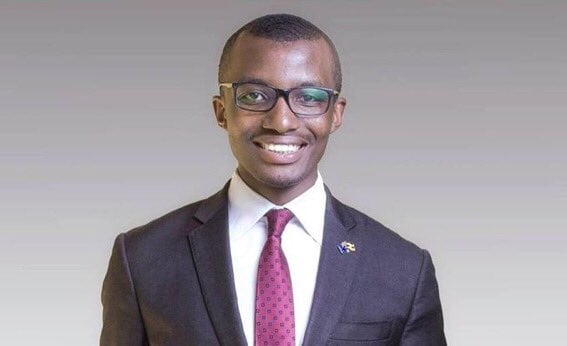Prime
What it will mean to lead Uganda after Museveni

Raymond Mujuni
What you need to know:
- It worries me so much that in the coterie of Uganda’s leadership contest, no one speaks to these evidently glaring problems – or provides solution to them.
The catalogue of leaders lining up to replace Yoweri Kaguta Museveni, who, after 36 years is showing no signs of leaving, is rather long and laborious. It contains accomplished military generals, dyed-in-the-wool of civil servants, the President’s family, religious leaders and former sports commentators.
Uganda is truly not out of people seeking to hold its most powerful office.
But to lead the coming Uganda will require a rather diverse skillset and a coterie of concessions and coalitions.
For one, Uganda’s most pressing problem, in the years to come is that the population is growing way faster than its existing land mass. At nearly 600 people per square mile and with a population growth rate of 3.3 percent, Uganda will not have enough land resources for its citizens by 2050, which is 28 years from now.
To tame this ‘problem’ incoming leaders must invest in a flood of solutions; increase access to quality education as a proven outcome of reducing population growth rate, keep more and more girls in school, invest in quality and robust sexual and reproductive health information to teenagers.
As that solution is being implemented, leaders will also be required to invest in institutional infrastructure like courts to mediate what will definitely be an increase in contests over land and a diversification of the role of police to seek crime prevention rather than crime investigation.
The Ugandan leader will also find, rather sadly, that the quality of a Ugandan graduate after a 23-25-year investment in education is worth a measly Shs260,000 of monthly income [calculated from Income per capita] and adjusted for income inequality on the gini-co-efficient, some Ugandans will be taking home up to 20 times more money than others. To solve this market problem, the leader will need to robustly rethink the education system and link it closely with the country’s development agenda to produce a ‘sort-of’ favorable outcome.
All this while, the leader will have to navigate how to grow an economy in which only 6.3 percent of the working population pays their taxes whilst 100 percent of the same population demands the same basket of goods and services to be provided to them – without fail.
The leader of Uganda will also have to contend with a region on fast-moving heels; some countries have solved their rapid transport systems and are able to move large chunks of their able bodied citizens into and out of the city for employment everyday whilst others crane their necks in four-hour long traffic jams.
These problems, dear reader, cannot be solved with guns or ranks. They are pure problems that require community engagement, science and innovation, space for exploration, empathy and above all, steadfastness.
It worries me so much that in the coterie of Uganda’s leadership contest, no one speaks to these evidently glaring problems – or provides solution to them.
This columnist wishes you luck shooting them or wishing them away.


